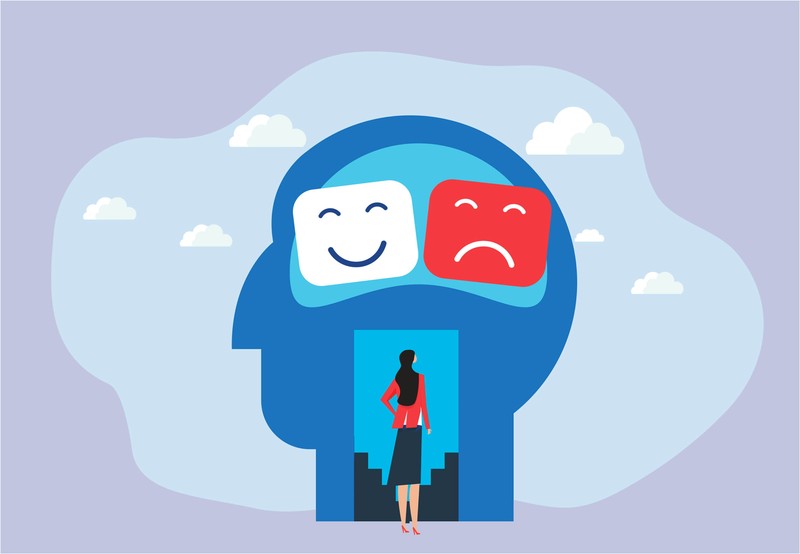In our daily lives, we make numerous decisions, ranging from simple choices to complex judgments. However, have you ever wondered why some decisions seem irrational or illogical in retrospect? The field of psychology sheds light on this phenomenon through the study of cognitive biases.
Cognitive biases are systematic errors in thinking that can affect our decision-making process, leading to flawed judgments. This article explores the concept of cognitive biases and their impact on decision making from a psychological perspective.
Understanding Cognitive Biases
Cognitive biases are mental shortcuts or heuristics that our brains employ to simplify the decision-making process. These biases often result from our brain’s attempts to process information efficiently, relying on patterns and preconceived notions. While these mental shortcuts can be helpful in certain situations, they can also introduce biases and distort our perception of reality.
Types of Cognitive Biases
There are numerous cognitive biases that have been identified and studied by psychologists. Here are a few notable ones:
- Confirmation Bias
Confirmation bias occurs when we seek out information that confirms our existing beliefs and ignore or downplay evidence that contradicts them. This bias can hinder our ability to consider alternative viewpoints and make objective decisions.
- Anchoring Bias
Anchoring bias refers to the tendency to rely too heavily on the initial piece of information (the anchor) when making decisions. This bias can lead us to be overly influenced by the first information we encounter, even if it is irrelevant or misleading.
- Availability Heuristic
The availability heuristic is a mental shortcut where we base our judgments and decisions on readily available information or examples that come to mind easily. This bias can lead us to overestimate the likelihood of events or situations that are more memorable or easily recalled.
- Overconfidence Bias
Overconfidence bias occurs when individuals have excessive confidence in their own abilities, knowledge, or judgment. This bias can lead to overestimating one’s own skills and underestimating risks, ultimately impacting decision-making outcomes.
Impact on Decision Making
Cognitive biases can have significant implications for decision making. They can distort our perception of reality, hinder critical thinking, and lead to poor judgments. For example, confirmation bias may prevent us from objectively evaluating alternative options, resulting in suboptimal choices.
Anchoring bias can limit our ability to consider a wide range of possibilities, leading to narrow-minded decisions. Seeking help for Vancouver hypnotherapy might be a great help in this context.
Mitigating Cognitive Biases
While cognitive biases are inherent in human thinking, there are strategies to mitigate their impact on decision making. Some effective approaches include:
- Awareness
Developing awareness of cognitive biases is the first step in overcoming their influence. By recognizing and acknowledging these biases, we can consciously work to counteract them in our decision-making processes.
- Critical Thinking
Practicing critical thinking skills can help us evaluate information objectively and challenge our own assumptions. By actively seeking out alternative viewpoints and evidence, we can make more informed and rational decisions.
- Decision-Making Processes
Implementing structured decision-making processes that involve gathering diverse perspectives, conducting thorough analyses, and considering multiple alternatives can help counteract cognitive biases. By relying on evidence and logical reasoning, we can reduce the impact of biases on our decisions.
Conclusion
Cognitive biases are inherent in human thinking and can significantly influence our decision-making processes. Understanding the different types of biases and their potential impact is crucial for making more rational and informed decisions.
By being aware of these biases and employing strategies to mitigate their effects, we can enhance our decision-making abilities and achieve better outcomes. Whether in personal or professional contexts, recognizing and addressing cognitive biases can lead to more effective and objective decision making.








